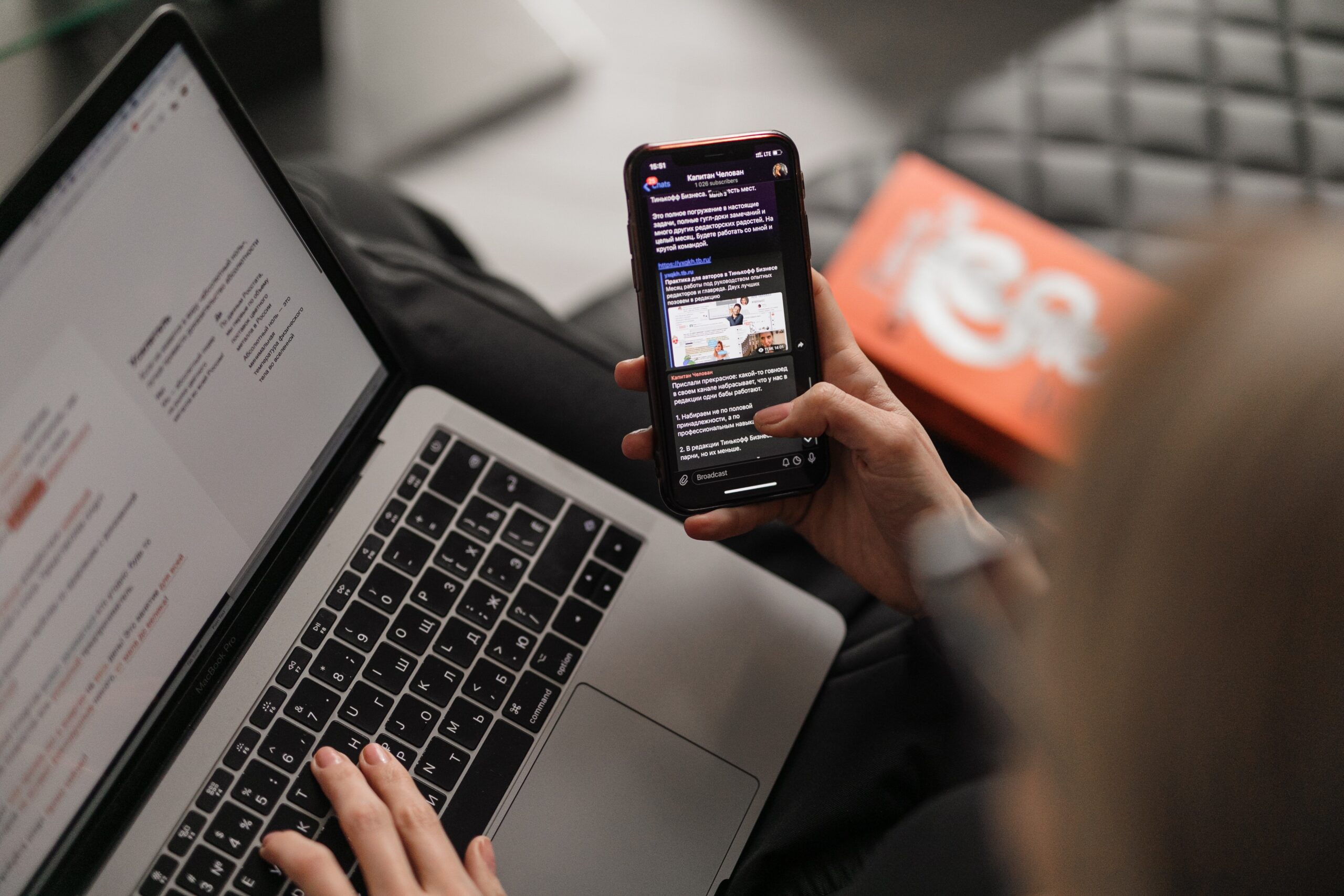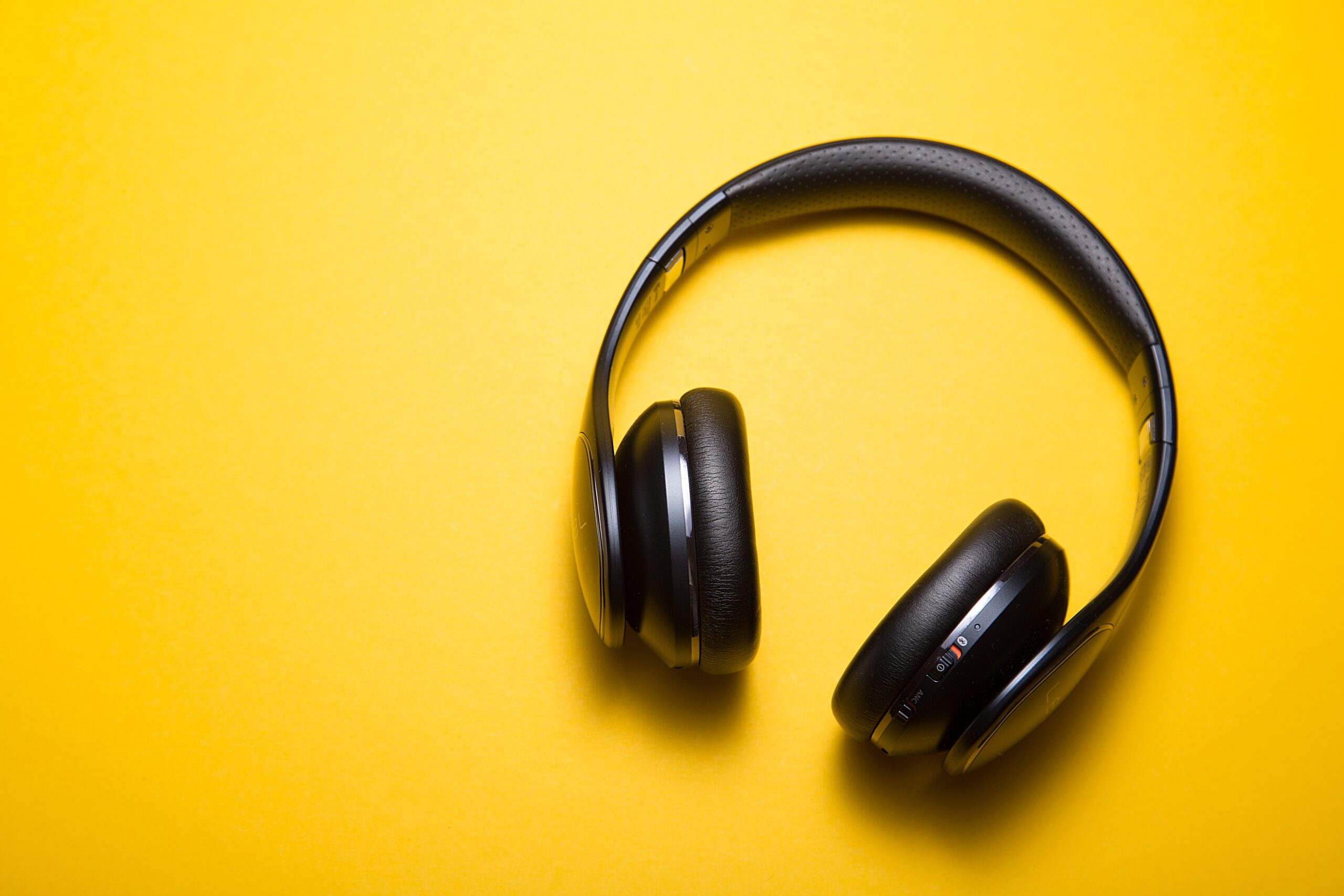Posted March 04th 2021
I’m sure I’m not alone in saying that this academic year has been far from what we had all previously expected and imagined.
Not only has most studying and working become remote from our homes, but so has much of our free time and many activities we students would normally do outside the home.
These challenging times certainly haven’t failed to test our resilience and ability to work in such restricted conditions, whilst trying to look after our mental health.
This has proven to be a tough battle for many students across the UK and it is now more important than ever to keep in touch and check up on our loved ones and friends, no matter how close or far away they are.
Working at NCMH
I am currently on a placement year at the National Centre for Mental Health which, so far, is being done from my laptop at home.
Whilst I wish that I was able to experience working in the office amongst the team, the NCMH staff have done an amazing job of giving me an experience of working there, and I have never felt so welcomed and supported by a team – virtually or in person!
I have been so fortunate to be able to become involved in many interesting projects and I already feel like I have learned so much, both about mental health research and what it means to be part of a strong and dedicated team.
COVID-19 and mental health
One project that I have found particularly fascinating is investigating the impact of the COVID-19 pandemic on mental health.
This is a complex issue, partly because this is a new issue that has never been researched before.
It is also predicted that the demand for mental health services and resources is going to increase drastically, both during and after the pandemic.
University students are almost certainly going to be a group in much need of these resources, but it is also important that measures are put in place to try and support as many students as possible during the lockdown, with the hope that most, if not all students are coping to the best of their abilities.

I have created a small list of some top tips that have helped me, as a student, maintain good mental health during these lockdowns.
I understand that everybody copes differently, and therefore these tips may not be found useful for everyone, but I encourage people to try as many strategies as possible if they are struggling – you never know which ones might work for you!
Jasmine’s mental health tips
-
Keeping in contact with friends and family
I have found this to be so important.
Speaking to someone close to me never fails to cheer me up, whether it’s a text or a Facetime call – even on days where I don’t feel very sociable.
-
Mindfulness/meditation
This is a technique that many people may misunderstand as an art that one must learn in order for it to impact them.
This is in fact untrue! Meditation can be done by anyone, and one of the simplest forms of meditation is paying attention to your breath.
This is a technique that I use almost every day, along with a few other methods, such as a body scan and compassionate meditation, with the help of a useful app called Buddhify.
Being mindful is also another way of looking after your mental health.
Mindfulness activities include mindful eating, paying attention to your surroundings while out walking or running, and even simple tasks such as brushing your hair or teeth can be used.
It simply involves focusing on what you’re doing, looking at what’s around you or thinking about what you feel.
Simple activities like this can help to ground you and bring you back to the present moment when we become too stuck in our thought cycles.
-
Keeping healthy and active
I certainly find that eating healthy food and regular exercise benefits my mental health massively.
As I currently spend the majority of the day sitting at a desk, it’s really important for me that I spend some time each day being active and moving around, either before work or after.
This always helps to boost my energy levels and helps me sleep better at night.
Keeping healthy doesn’t always mean eating healthy foods 100% of the time. To me, it means giving your body what it needs and having a good balance of food.
For example, eating a big meal of nutritious food is great for my mental state and energy levels but if I’m craving a chocolate bar in the evening, I’ll eat one.
I never restrict myself from any foods and ensure that I eat 3 good meals a day- which also helps with having a daily routine.

-
Spending time away from my phone
I am definitely guilty of racking up my weekly screen time every now and then, especially on rainy days.
However, I have noticed that the more time I spend on my phone, the more prone I am to lower mood and feeling more tired.
I now try to prevent this by putting my phone down an hour before bed in order to adjust properly for sleep.
I also refrain from going on my phone while doing activities such as walking, exercising, cooking or socialising with my housemates- it’s amazing how much quicker time goes when you aren’t staring at your phone! -
Taking breaks and allowing yourself to rest
This was definitely one of the things I found harder to do – partly because I tend to be highly self-critical and one way this presents itself is feeling as though I ‘do not deserve’ to take breaks or rest.
Slowly but surely, I have come to terms with the fact that everyone needs frequent breaks and to get adequate rest, as this is just as important as any other productive part of your working day.
Failure to get appropriate sleep and rest can result in impaired performance on other important tasks in the day.
Therefore resting is beneficial for both your mental health and efficiency!
Martha’s mental health tips
Martha, who is also on her placement year has shared her insight of working remotely for NCMH and some of her tips for maintaining good mental health during the lockdown.
I’m a placement student at the National Centre for Mental Health, mainly working with the traumatic stress research group.
This is where we develop interventions for psychological disorders, specifically trauma-focused disorders.
Like Jasmine, I have been working from home since the beginning of my placement in September.
It has been difficult, and I have missed the social contact and the experience of working in an office, but the whole team has been so welcoming and always make the effort to ensure we are okay.
My mental health is always a bit worse in the winter, but this year I have had to try much harder to look after my mental well-being as I don’t have the usual coping mechanisms and distractions of seeing friends and going out to take my mind off things.
-
Meditation
I have been doing a lot of meditation.
I feel like I get less anxious over the little things now.
It has really helped me feel more in control of my thoughts and using the Headspace app guided meditations have made me realise that thoughts are just thoughts.
Learning to accept these thoughts and realising that I am not my thoughts has been really beneficial.
-
Learning new skills
I have tried to keep myself busy by learning new skills too.
It makes life a bit more interesting and breaks up that Groundhog Day feeling.
I have been trying to learn German, I’m not aiming to be fluent, but it’s just a good way to create new pathways in your brain.
-
Limiting screen time
I love watching telly, but I have really tried to only watch TV in the evenings.
I’ve noticed that it can switch off my brain and de-motivate me if I watch it in the morning or during my lunch break.

-
Listening to podcasts
I’ve been listening to a lot of podcasts, it’s really nice to just get out of your own head for a while and just listen.
There are so many podcasts that I would recommend.
Lots of them are people’s life stories, and I’m so nosey, so I love this!
-
Keeping a routine and being outside
Working from home has been tough, but the structure of a 9-4.30 working day (instead of the nocturnal routine I – and most other students – used to live before my placement) has really helped my mental health.
It’s given me more of a sense of purpose as well, so I think routine has been really important.
Being outdoors daily has also really helped. Even if it’s raining or freezing cold, getting out of the house and going for a walk resets my mind.
In general, I’ve been in a privileged situation where the pandemic has been an opportunity to be alone with my thoughts more.
The good thing about this is that I have worked through a lot of things I had been ignoring and distracting myself from a busy student life before the pandemic.
Final thoughts
It is important to remember that we, as humans are currently living against our human nature.
We have not evolved to be confined to our homes with limited social contact and sit at a desk, looking at a laptop for the majority of the day.
We have evolved to be around others, to be outdoors frequently and to feel free.
Therefore, any unpleasant, distressing or upsetting emotions during this time are completely normal, and should be treated with care and sympathy, rather than criticised or belittled (by others or ourselves!)
It is so important that we look after ourselves during these times, and to ensure that we are not our own biggest enemy, but our best friend.
After all, no one can be there for you more than you can be there for yourself.
Take part
Could you help us understand the impact of the COVID-19 pandemic? Our latest survey asks people with lived experience of mental health problems how this year has affected them and the support they’re able to receive.
Our researchers are currently working on a new survey so if you’d like to take part and are happy to be contacted by our team, please complete our form and we’ll be in touch soon.
Resources
- NCMH mental health leaflets
- Anxiety UK
Anxiety and wellbeing information and a helpline on 03444 775 774 - Beat
Eating disorder resources and a 24/7 student and youth helpline on 0808 801 0811 - Mind
Mental health resources and infoline available on 0300 123 3393 - Papyrus
Suidcide prevention and Hopeline UK on 0800 068 4141 - Samaritans
24/7 free helpline service available on 116 123 - Student Minds
Detailed resources of how to get mental health support for yourself, a friend or loved one. - Young Minds
Detailed resources on children and young people’s mental health.
Sign up now and receive new blog posts to your inbox.
